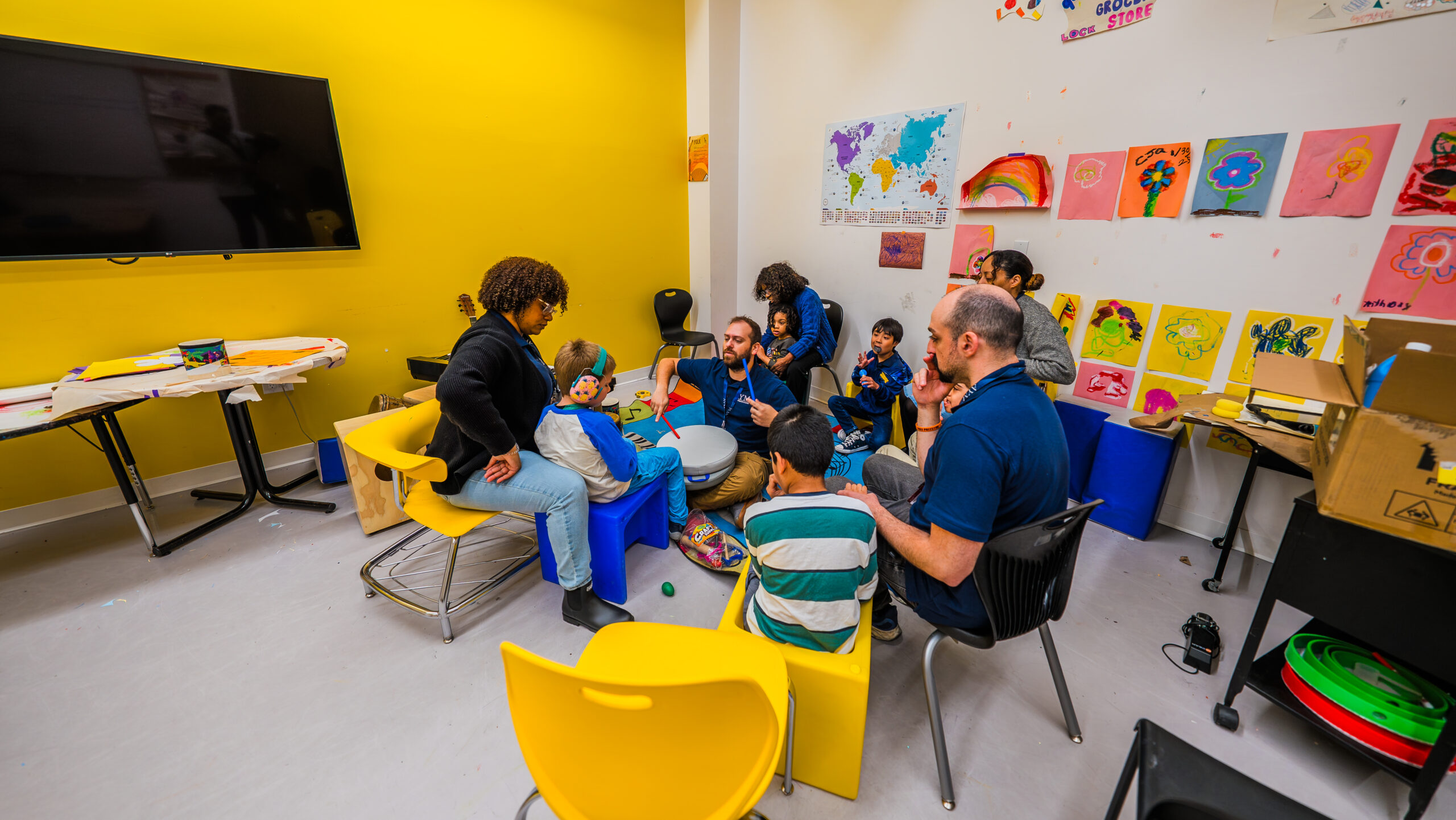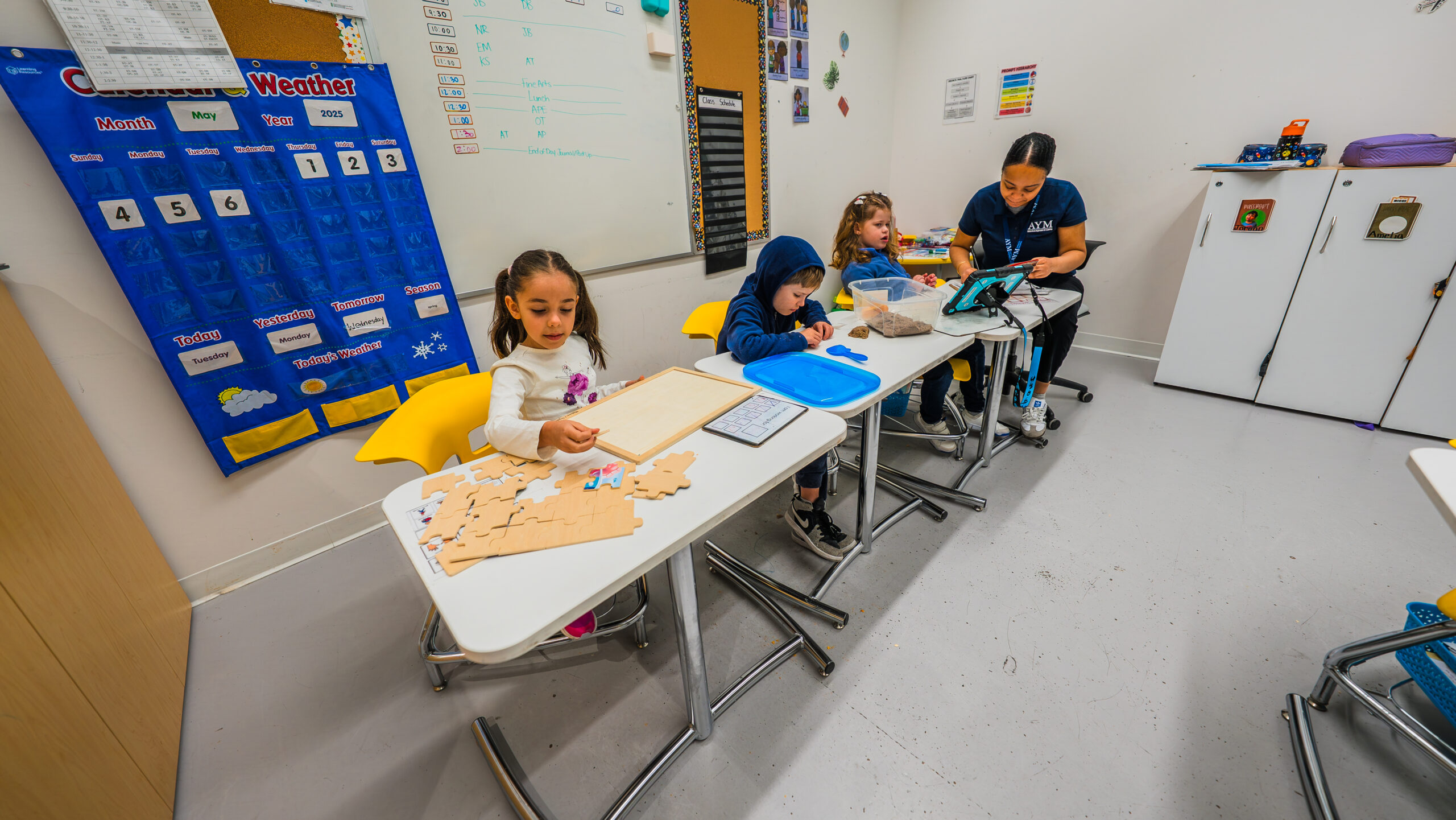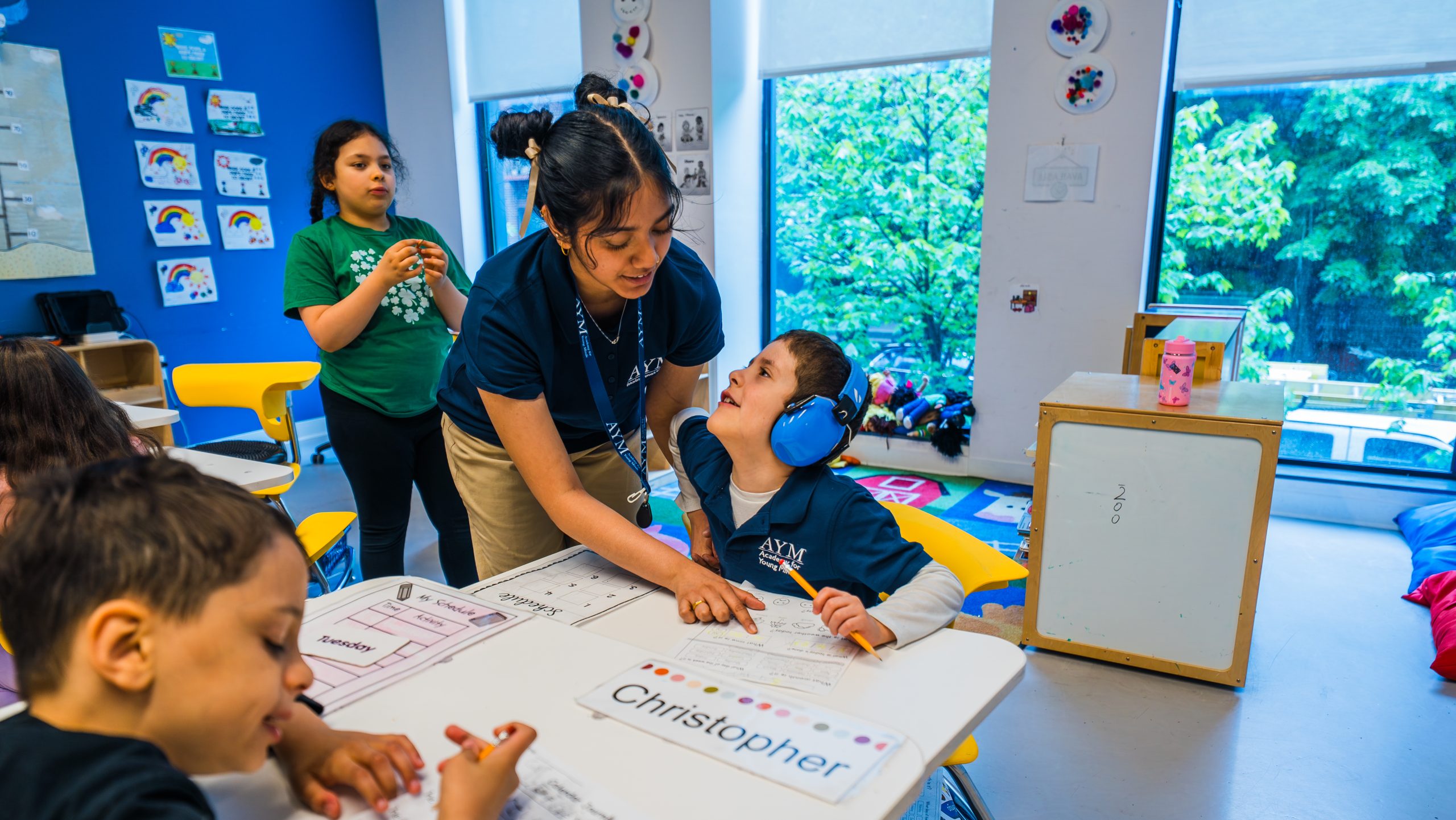What to Look for in an Autism School: A Parent’s Checklist
Choosing the right school for your child on the autism spectrum can feel deeply personal, and at times, overwhelming. As a parent, you want more than just the right curriculum. You’re looking for a place where your child will feel safe, understood, and empowered to grow in their own time and way. That search can bring a mix of hope, uncertainty, and big emotions.
Whether your child is starting school for the first time or transitioning from another setting, this checklist can help guide you through the process with clarity and confidence.
- Does the staff understand autism beyond a textbook?
Look for a school where educators and support staff are trained not just in special education, but specifically in autism. Understanding sensory sensitivities, communication differences, and emotional regulation is essential, not just for the classroom, but for every hallway, lunchroom, and playground interaction.
Ask: How are staff trained in autism-specific approaches? How often is that training updated?
- Is the learning environment adapted for sensory needs?
Classrooms don’t have to be chaotic. In fact, for many autistic students, calm and consistency are crucial. Consider things like lighting, noise levels, space to move, and availability of sensory tools. Even small changes in the environment can make a big difference in your child’s ability to feel regulated and ready to learn.
Ask: What sensory accommodations are built into the school day?
- Are communication styles supported and respected?
Every child communicates in their own way, whether verbally, with AAC devices, gestures, or behavior. The right school should honor and support all forms of communication while helping your child build skills at their own pace.
Ask: How does the school support non-speaking or minimally verbal students?
- Is emotional regulation part of the learning plan?
Autistic children often need explicit support to understand and manage big emotions. Schools should integrate emotional learning into daily routines, not just handle meltdowns reactively. Look for a place that proactively teaches self-awareness and coping strategies in a way your child can understand.
Ask: How does the school help students manage emotions and build self-regulation?
- How is family involvement encouraged?
A strong autism school will see parents as partners. You should feel welcome to communicate regularly with teachers and staff and be part of your child’s learning plan. Transparency, collaboration, and trust matter.
Ask: How does the school keep families informed and involved?
The AYM Difference
At AYM, we understand that every child is unique, and that autism is not something to be “fixed,” but a different way of experiencing the world. Our team is trained in trauma-informed and neurodiversity-affirming practices. We build customized learning plans that include academic growth, sensory regulation, social development, and emotional well-being. Most importantly, we meet each student with respect, patience, and high expectations for who they are.
If you’re looking for a school where your child will be celebrated, not just accommodated, AYM might be the place. Explore AYM School to learn more or schedule a visit.
Resources:



